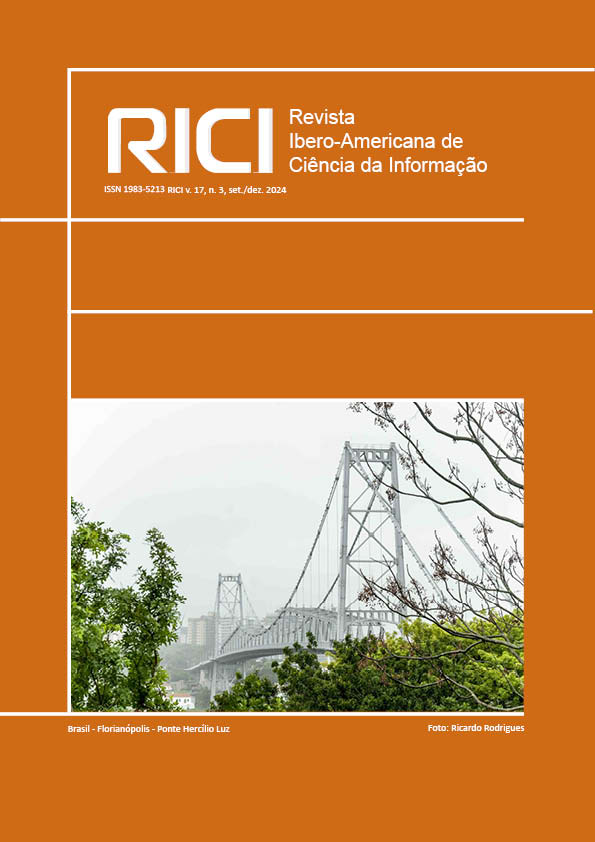As we may think
DOI:
https://doi.org/10.26512/rici.v17.n3.2024.55197Keywords:
Vannevar Bush, Scientific communication, Information Science, MemexAbstract
The text explores the implications of scientific and technological advancement, highlighting the need for new ways to organize and access accumulated knowledge. Bush argues that as science advances, the amount of information grows exponentially, rendering traditional methods of archiving and research insufficient. He proposes the creation of devices and systems that aid in the organization and retrieval of information more efficiently. One example is the Memex, a visionary concept by Bush, which anticipates the functions of computers and the internet as we know them today. The Memex would be a machine capable of storing and interlinking vast amounts of information, allowing users to navigate intuitively and quickly between different documents. Bush emphasizes that scientific progress must be accompanied by advances in the way we manage knowledge. He suggests that the future of science depends not only on new discoveries but also on the ability to make connections and interpretations from the vast store of existing information. The main conclusion is that the organization and proper access to knowledge are fundamental for scientific and social progress.
Downloads
Published
Issue
Section
License
Copyright (c) 2024 Vannevar Bush; Fábio Mascarenhas e Silva

This work is licensed under a Creative Commons Attribution 4.0 International License.
Copyright Notice
Authors who publish in this journal agree to the following terms:
- Authors retain copyright and grant the journal right of first publication with the work simultaneously licensed under the Creative Commons Attribution License 4.0, allowing the sharing of work and recognition of the work of authorship and initial publication in this journal.
- Authors are able to take on additional contracts separately, non-exclusive distribution of the version of the paper published in this journal (ex.: distribute to an institutional repository or publish as a book), with an acknowledgment of its initial publication in this journal.
- Authors are permitted and encouraged to distribute their work online (eg.: in institutional repositories or on their website) at any point before or during the editorial process, as it can lead to productive exchanges, as well as increase the impact and citation the published work.
















